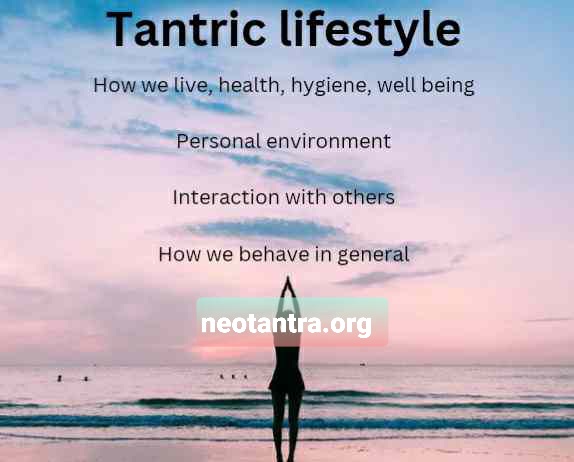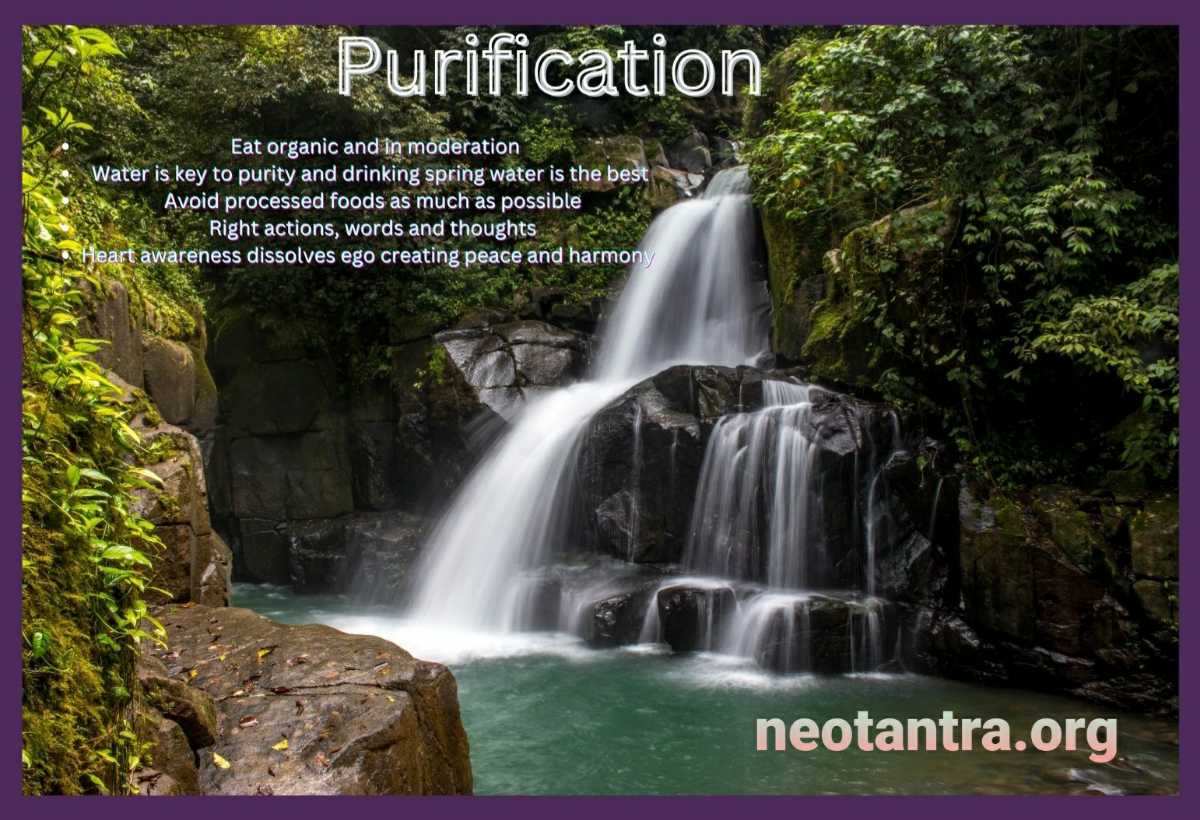- Practice mindfulness: Mindfulness is the practice of being present in the moment, without judgment. It can help you become more aware of your thoughts, emotions, and surroundings, and cultivate a sense of inner peace.
- Cultivate compassion and empathy: When you practice compassion and empathy, you become more attuned to the needs and feelings of others, which can help you build deeper, more meaningful relationships.
- Let go of attachment: Attachment to material possessions, relationships, and outcomes can lead to feelings of anxiety and stress. By letting go of attachment, you can cultivate a sense of inner peace and contentment.
- Practice gratitude: Gratitude is the practice of focusing on the good things in your life, and acknowledging the blessings you have. This can help you cultivate a sense of inner peace and contentment, even in difficult times.
- Engage in self-care: Taking care of your physical, emotional, and mental health is essential for cultivating inner peace. This might include exercise, healthy eating, getting enough sleep, baths, massage, positive thinking and engaging in activities that bring you joy and fulfillment.
- Create a peaceful environment: Your physical environment can have a big impact on your mood and sense of peace. Try to create a calm, peaceful space in your home or workplace, with natural light, plants, soothing colors, and comfortable furnishings.
- Practice conflict resolution: Conflict is a normal part of life, but how you handle conflict can determine whether it leads to peace or chaos. Practice effective communication, active listening, and problem-solving to resolve conflicts in a peaceful, constructive way.
- Dance and sing. A simple and really effective way to relax feel good and open up. Here’s a few mixes for you to hopefully enjoy. * Beats * We feel by the moon – Luna Deep
Living in peace can be achieved with commitment to mindfulness, compassion, and self-care, as well as effective communication and conflict resolution skills.
Personal thoughts from Guy Sohm on finding peace of mind which then allows a more peaceful life…
“I highly recommend regular meditation to train the mind to be able to focus. Personally I find 1 hour sittings and up to 2 hours the best. My Personal experiences of deep peace and contentment come with longer meditations and connecting with nature.
What really made a big difference in my personal practice was attending a Vipassana 10 day silent meditation retreat. It was a life changing experience, I’ve done a few now and feel so amazing doing this practice. Vipassna is free and at the end you make a donation.
Another amazing teaching is Open Heart Meditation, this practice has bought me so much happiness and joy! You place your hand on your heart, smile and relax.
Purification process is another step in creating peace of mind. Avoiding processed foods as much as possible and eating organic and in moderation.
By eating slowly you can feel when you are getting full. To avoid over eating, only eat until you feel about 80% full. Over eating takes up extra energy in the digestive system. Water is key and regularly drinking small amounts of spring water is the best way to keep your cells hydrated. Tap water has added chemicals which are beneficial to filter out.
Lastly your ethics play a big part of maintaining peace of mind, awareness around your actions and the effects on others and the environment. Please think about every step you make, the effects and ripples it creates. We all need to be more conscious about conservation and preservation of nature for our children and their children.
Peace of mind ultimately comes from your state of mind. The more optimistic you are, the better. Standing in your integrity and following through with your word helps avoid drama. In the stillness of your mind deep contentment comes and a connection opens up to your heart by placing your hand on it and smiling to your heart this can creates a great sense of well-being over time.
I’ve had depression and anxiety which was like hell and at that time I felt like it would have been easier to be dead. What I discovered is that material wealth doesn’t mean anything if you cant enjoy it. I also believe true wealth is your health and wellbeing. The richness of life comes with the depth of connectedness and gratitude. I recommend working towards high emotional intelligence, which goes hand in hand with mindfulness. It’s really great to see the australian schooling system incorporating these two philosophies into the curriculum and companies like to Google and Nike implementing mindfulness too. This is all due to science and research proving the benefits of meditation, mindfulness and High EI.
Being in nature as much as possible and regular exercise is hugely beneficial for your wellbeing. Studies provide evidence that nature reduces stress and lowers blood pressure. Even just a short amount of time in the forest or at the beach improves the strength of your immune system, helping you relax and calm the mind.
Nature helps increase activitiy in your parasympathetic nervous system, which is responsible for calming down to relax, and can also be achieved by breathing out twice as slow as you breathe in.
Negative ions are also beneficial for your health and are found in abundance near running water, forest and crystals such as amethyst. There are also higher amounts of negative ions in the air around sunset and sunrise.
The effects of negative ions have been shown to lift your mood, lessen stress, depression and anxiety. Sunlight produces serotonin in your body helping regulation of your moods and adding peace of mind.
Peace of mind comes from making good choices, and having a positive attitude. On the other hand, desire can lead you to look outside yourself for fulfillment and is generally only a short term fix.
Being in touch with your passions and purpose in life creates a sense of direction. Having your emotional and physical needs met allows you to relax because your not searching for something.
To build and create peace of mind, factors like being in a harmonious environment, self enquiry, healthy relationships with people that care and respect you, and training your mind to be focused though practices like meditation, yoga and Qigong are very beneficial.
Clearing any loose ends, or emotional baggage, through counciling, expression and acceptance can help you let go of the past. Detachment can be a very powerful tool, from experience the more I can let go, the easier things are.
Communication skills are fundamental to your success in relationships with friends, family and in business. A technique which really helps in clear conscious communication is to repeat back what your hearing someone say. This creates accountability and clarifies any potential misconceptions. The other super important factor is to be present and completely listening to what is being shared. Not taking things personally, and expressing yourself, owning your feelings or thoughts and not projecting your opinions.
Being compassionate about yourself and how others behave, not reacting when they’re expressing something and taking responsibility for your actions and choices. Finding a balance between work, play and rest is important. Awareness of your weaknesses and acceptance about what you cannot change. As the saying goes “it is what it is”.
What’s really helped me the most with peace of mind is a regular practice of meditation and understanding Tantra has given me such amazing insights into personal development and a fulfilling life!”
Cultivate Positive Thinking:
One way to be happy is to cultivate positive thinking. Focus on the good things in your life, even if they are small. Practice gratitude and remind yourself of the things you are grateful for every day. Avoid negative self-talk and replace it with positive affirmations.
Take Care of Your Physical Health: A healthy body is often linked to a healthy mind. Exercise regularly, eat a healthy and balanced diet, and get enough sleep. These habits can help you feel energized, confident, and focused, which can contribute to your overall happiness.
Nurture Your Relationships: Good relationships can provide a strong sense of support and fulfillment in life. Spend time with loved ones, communicate openly and honestly, and show appreciation for the people in your life. Building strong connections with others can help you feel happy and connected.
Engage in Activities That Bring You Joy: Find activities that you enjoy and make time for them regularly. This could be anything from reading a book to practicing a hobby to volunteering in your community. Engaging in activities that bring you joy can boost your mood and increase your sense of purpose.
Practice Mindfulness and Self-Care: Take time for yourself each day to practice self-care and mindfulness. This could include activities like meditation, journaling, or taking a relaxing bath. These practices can help you feel more centered and calm, which can lead to increased happiness.
Set Goals and Work Towards Them: Setting and achieving goals can give you a sense of accomplishment and fulfillment. Identify what you want to achieve, break it down into achievable steps, and work towards it consistently. Celebrate your progress along the way, and use setbacks as an opportunity to learn and grow.
Be Kind to Yourself: Remember that happiness is a journey, and it’s okay to have bad days or make mistakes. Be kind and forgiving towards yourself, and practice self-compassion. Treat yourself the way you would treat a good friend.
These are just a few suggestions for cultivating happiness in your life. Remember that happiness is a personal and ongoing journey, and what works for one person may not work for another. Take the time to explore what brings you joy and fulfillment, and make it a priority in your life.


